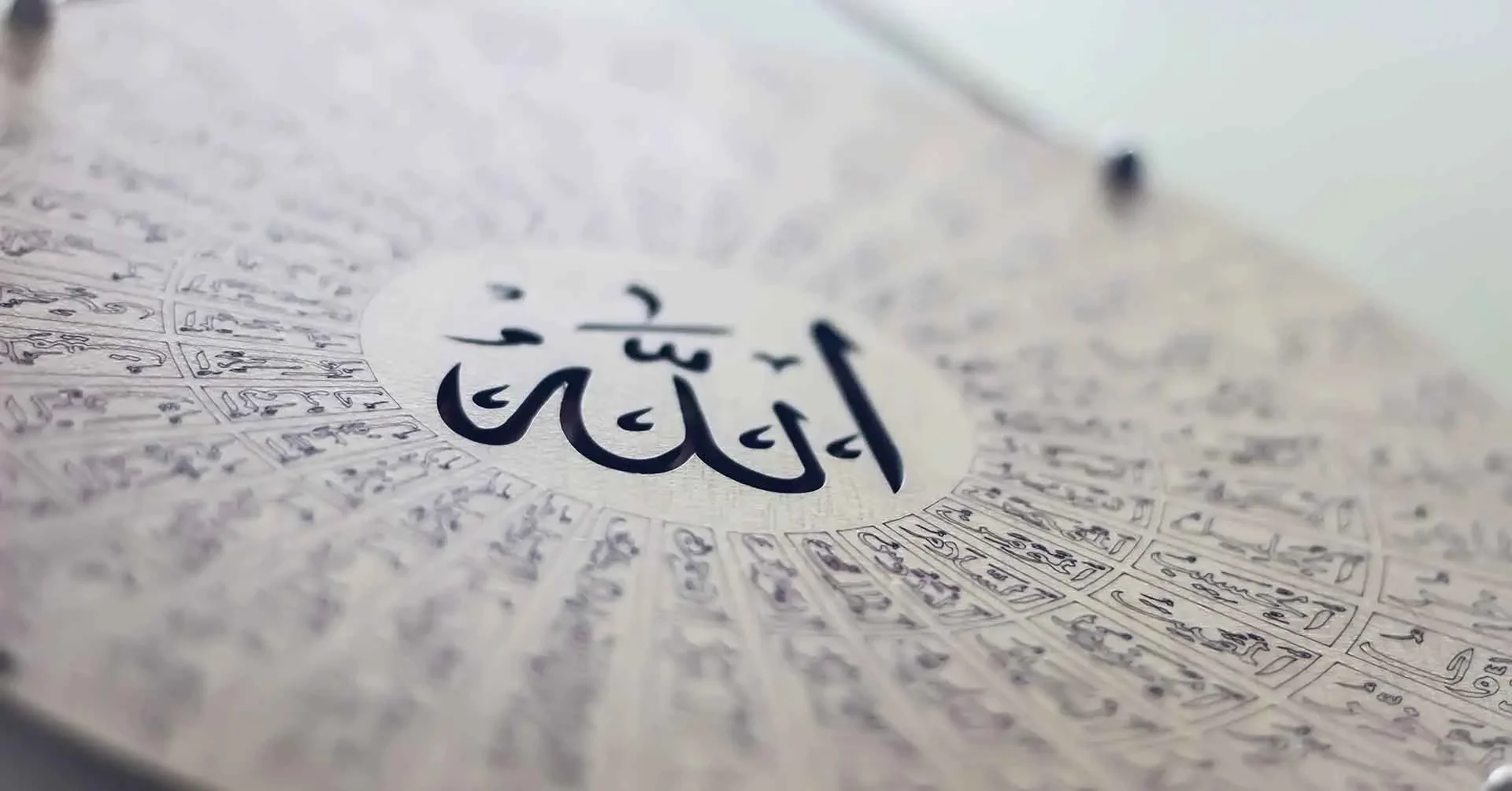The Bride of the Quran: Benefits of Surah al Rahman
Sometimes we take Allah’s blessings for granted and forget to express gratitude amidst the distractions of worldly life. However, out of His mercy, we have the presence of the Quran, which constantly reminds us of Allah’s blessings that we need to thank One of the benefits of surah al Rahman, known as the “Bride of the Quran,” is that it is one of the most virtuous chapters in the holy book that not only brings countless rewards but also serves as a constant reminder of Allah’s boundless blessings upon humanity.
By reflecting on the verses of Surah Al-Rahman, which emphasize the countless bounties bestowed upon us, we can rekindle our gratitude towards the Creator and recognize the innumerable blessings we have been granted. The surah’s ability to restore inner peace and strengthen our connection with Allah makes it a powerful tool for personal growth and spiritual fulfillment
Why should we recite the Quran?
Reciting the Quran is an act of profound spiritual significance that transcends mere reading. It is a deep engagement with the very words of Allah, a means to fill one’s life with divine wisdom and guidance. In a world where we often find ourselves rushing through life, the Quran serves as a refuge, a source of reassurance and comfort. The sentiment expressed in the saying, “I don’t remember ever loving anything in this life as much as I loved the reassurance you gave me by your presence,” resonates deeply with the experience of immersing oneself in the recitation of the Quran. It is a direct connection to the divine, a dialogue that enriches the soul, purifies the heart, and elevates the mind.
Moreover, the recitation of the Quran is not solely about personal enlightenment; it is also about preserving the integrity and purity of Islam, ensuring that its teachings are passed down through generations in their most authentic form. Engaging with the Quran through classes that facilitate hifz Quran online serves as a modern gateway to this sacred practice, offering individuals the opportunity to memorize and recite the Quran under the guidance of knowledgeable instructors. By engaging with the Quran in this way, individuals not only enrich their own lives but also contribute to the preservation and dissemination of Islamic principles for generations to come.
What are the benefits of surah al Rahman?
Surah Ar-Rahman is a chapter of the Quran that begins with one of the names of Allah without any preceding text. In this surah, the verse emphasizing gratitude and reverence to Allah is repeated thirty-one times.
The benefits of surah al Rahman are countless:
- The surah underscores Allah’s mercy and blessings. Its name, “Ar-Rahman,” derives from one of Allah’s names, the Most Merciful. It showcases the many blessings Allah has given to humanity, ranging from the sun and moon to the expansive oceans and diverse life forms.
- Surah Al-Rahman reminds believers of God’s plentiful favors, instilling gratitude and encouraging them to be thankful and appreciative of what they have been given.
- The surah emphasizes the importance of justice and balance in God’s creation, encouraging individuals to uphold justice and fairness in their interactions and relationships.
- Reciting and memorizing Surah with sincerity can bring a feeling of calmness and alleviate stress and anxiety, providing spiritual comfort and peace.
- It emphasizes the importance of being accountable for one’s actions the belief in the afterlife and the concept of the Day of Judgment, where individuals will be held responsible for their deeds. This serves as a motivation for believers to engage in righteous actions and make preparations for life after death.
benefits of surah al Rahman for specific needs
One of the other benefits of surah al Rahman is that reciting it holds profound significance in the lives of Muslims, offering a multitude of benefits that extend beyond mere recitation. While there is no specific hadith addressing the benefits of this Surah for marriage, it is believed that the act of reciting it with solid faith and a belief in Allah’s mercy can lead to the fulfillment of one’s desires. Similarly, for those seeking success and wealth, reciting Surah Ar-Rahman with a strong conviction in Allah’s ability to grant wishes can pave the way for achieving aspirations. Furthermore, the Surah is believed to have health benefits, serving as a source of protection, healing, and well-being when recited with sincerity and trust in Allah’s power. By engaging in the recitation of Surah Ar-Rahman with faith and devotion, individuals can tap into its spiritual blessings and experience the transformative impact of connecting with the divine through the verses of the Quran.
What are the topics included in the surah?
- The beginning with praise for Allah Almighty and gratitude for His creation through the teaching of the Quran.
- Illustrating an aspect of Allah’s power and His blessings upon His creation.
- Highlighting the temporary existence of all living beings on Earth and emphasizing that only Allah is eternal.
- Challenging jinn and humans to penetrate the realms of the heavens and the Earth.
- Explanation of the horrors of the Day of Judgment, the dire consequences for the deniers, and the blissful outcome for the believers; and describing what Allah has prepared for them of delights.
- The surah concludes with exaltation and praise for Allah.
When understanding the topics included, we will have a deep connection with the countless benefits of surah al Rahman
Objectives of Surah al-Rahman
Surah Ar-Rahman’s themes encompass a multitude of objectives, including highlighting the significance of its name; “Ar-Rahman,” which signifies the all-encompassing mercy and generosity of Allah towards His creations. This fosters a sense of yearning for His blessings, fear of His retribution, and acknowledgment of His constant generosity.
- The Surah emphasizes the greatest blessing given by Allah to humanity, which is the gift of religion, starting with the revelation and teaching of the Holy Quran. It further delves into the creation of humans and their distinction through intellect as a result of this divine guidance.
- Surah Ar-Rahman beautifully weaves together a depiction of Allah’s abundant blessings upon humanity with His unmatched power, mastery, and precision in creation. It delves into the creation of Jinn, clarifies the concept of divine justice, and outlines the ultimate reward awaiting the righteous in paradise, and the punishment awaiting the disbelievers. The surah emphasizes Allah’s favors upon humankind, particularly highlighting the gifts of intellect and knowledge. This profound connection underscores the inherent benefits of surah al Rahman, a continuous reminder to express gratitude to Allah for His blessings. It also describes paradise with intricate details, illustrating two distinct levels within it to correspond with the elevated faith of believers. It emphasizes that Allah alone is the eternal, majestic, and generous Being, while everything on Earth is transient and subject to decay. The Surah explains that all beings in the heavens and on Earth turn to Allah in seeking their needs, with Allah managing numerous affairs in His creation daily.
- Surah Ar-Rahman portrays the scene of accountability on the Day of Judgment, emphasizing that ultimate judgment rests solely in the hands of Allah. He is the sole King and Judge, and no one can escape His punishment, as all authority lies with Him in that event. The Surah warns of accountability, where individuals will be judged based on their deeds, concluding with praise and glorification of Allah, the Owner of Majesty and Honor.
Quarn recitation classes with Noor Institute
After learning about the benefits of surah al Rahman and its key themes, I’m sure you’re interested in incorporating it into your daily routine However, it’s crucial to ensure that you recite it correctly. That’s where Noor Institute’s Quran recitation classes come in.
Noor Institute offers transformative online Quran recitation classes tailored to individual needs. Their expert instructors focus on proper pronunciation, articulation of letters, and Tajweed rules to help students recite the Quran with confidence and accuracy.
The courses provide a nurturing environment for students to practice reciting passages from the Quran, allowing them to become more comfortable with the text and establish a natural flow in their recitation. Instructors are adept at identifying and correcting pronunciation mistakes, ensuring that students build a solid foundation for Quranic recitation
Noor Institute’s online classes offer unmatched convenience and flexibility, enabling students to learn from the comfort of their own homes at their own pace. With personalized learning plans, interactive tools, and one-on-one attention, Noor Institute is dedicated to helping students master the art of Quranic recitation and develop a deeper connection with the holy book
Elevate Your Recitation with Noor Institute’s Expert-Led Online Quran Classes. Enroll Now and Recite with Confidence!
Frequently asked questions
-
What are the blessings mentioned in the Surah?
Among the many blessings Allah gave us, Surah Rahman highlights ten significant ones. These include the ability to speak and express ourselves, the guidance of the holy Quran, the movement of the sun and moon that ensures life on Earth, food as a necessity, the sea and ocean that facilitate travel and fishing, Iman (faith) that helps us understand life as a test, the knowledge of the Day of Judgment that encourages us to fear Allah and obey Him, Heaven as a reward for believers, Hell as a punishment for disbelievers, and obeying Prophet Muhammad as a blessing.
Mentioning these blessings is one of the various benefits of surah al Rahman because it reminds us to thank Allah constantly
-
When to read Surah al-Rahman?
There is no mention in the Quran or the authentic Sunnah regarding the specific time preferred for reciting Surah Rahman. In Islam, it is commendable to read the Quran during both day and night, and Muslims can do so at any time. However, it is recommended to recite the Quran at night as this time holds great virtue and reward, as stated in both the Quran and Sunnah.
-
What was the reason for the revelation of Surah al-Rahman?
Surah Rahman was revealed to the prophet while he was residing in Mecca during the initial stages of revelation. Its purpose was to highlight the numerous blessings given to us by Allah, which are undeniable.
-
Why Surah al-Rahman is called the bride of the Quran?
One of the reasons it was thought to be called by that name is due to its focus on the rewards that believers will receive in paradise.
-
What will happen if I read Surah al-Rahman every day?
It is believed that one of the benefits of surah al Rahman is that reciting the surah daily will offer protection and healing to the reciter, and it is also thought to aid in resolving specific issues or answering prayers.











